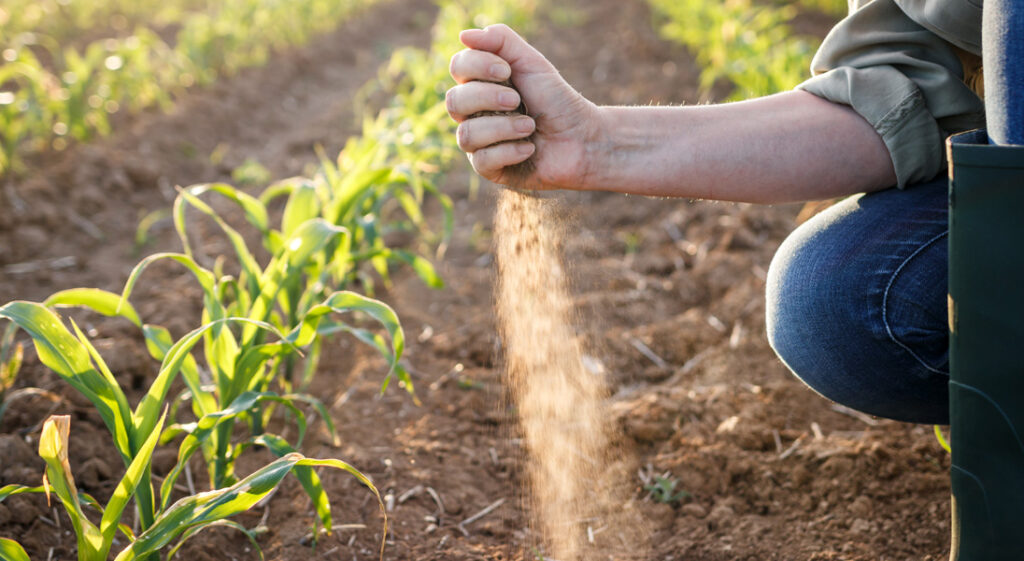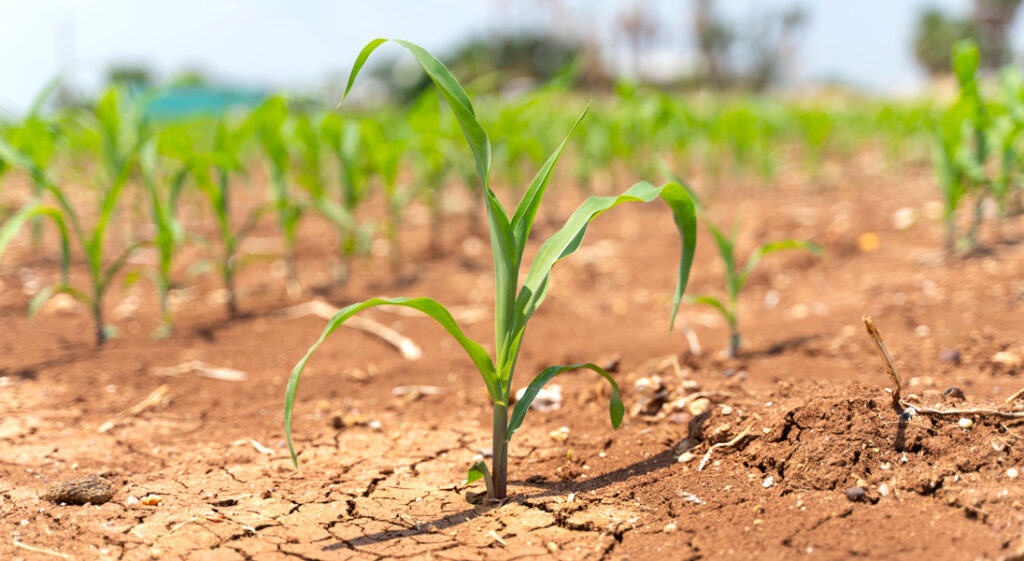Are biostimulants becoming more mainstream?
Trial data

Absolutely. But you don’t have to take our word for it.
Recent research underscores the transformative impact of complex biostimulants on sustainable agriculture and food security. Researchers have demonstrated how biostimulants can enhance plant growth, improve stress tolerance, increase nutrient and water uptake, and mitigate the negative impacts of pesticides and salinity stress.
Here are key findings from studies published in the past 12 months:
- Microbial Biostimulants Improve Plant Growth under Stress: Microbial biostimulants, including plant growth-promoting rhizobacteria (PGPR), enhance plant growth even under stressful conditions. They stimulate nutrient uptake, produce secondary metabolites, and improve crop yield and quality (Kaushal et al., 2023).
- Bacterial Biostimulants for Climate Smart Agriculture: PGPR-based biostimulants are identified as sustainable solutions to enhance crop productivity. They improve plant growth through nutrient availability and stress mitigation (Singh et al., 2023).
- Arbuscular Mycorrhizal Fungi in Sustainable Agriculture: Arbuscular mycorrhizal fungi (AMF) are highlighted for their role in improving nutrient and water acquisition, enhancing plant stress tolerance, and reducing soil erosion (Sun & Shahrajabian, 2023).
- Microalgal Biostimulants for Crop Production and Quality: The potential of microalgal biostimulants in improving crop production and quality is discussed, despite challenges in commercial implementation (Prisa & Spagnuolo, 2023).
- Indigenous Biostimulants Mitigate Salinity Stress in Maize: A study on sweet corn demonstrated that indigenous biostimulants can significantly improve plant growth and soil quality under salt stress (Ouhaddou et al., 2023).
- Biostimulants Against Pesticide Stress: Research analysed the regulation of biostimulants on crop health under pesticide stress, highlighting their role in sustaining plant health and enhancing crop resistance (Jia et al., 2023).
These studies collectively demonstrate the substantial benefits of biostimulants in:
- enhancing sustainable agriculture practices
- improving crop resilience under stress conditions
- contributing to food security
With ongoing research and burgeoning evidence, we believe the adoption of biostimulants is poised to accelerate in the coming years.
At Maxstim, we are leading the charge by pioneering innovative and cutting-edge research, development and trials to address the critical challenges of food security and climate resilience.
Join us in embracing the future of agriculture. Please get in touch with a member of our team:
Tim Cannon
Email: tim.cannon@maxstim.com
Mobile: 07884 586191
Phil Kingsmill
Email: phil.kingsmill@maxstim.com
Mobile: 07860 269996
Tony Kelly
Email: tony.kelly@maxstim.com
Mobile: 07974 435417

